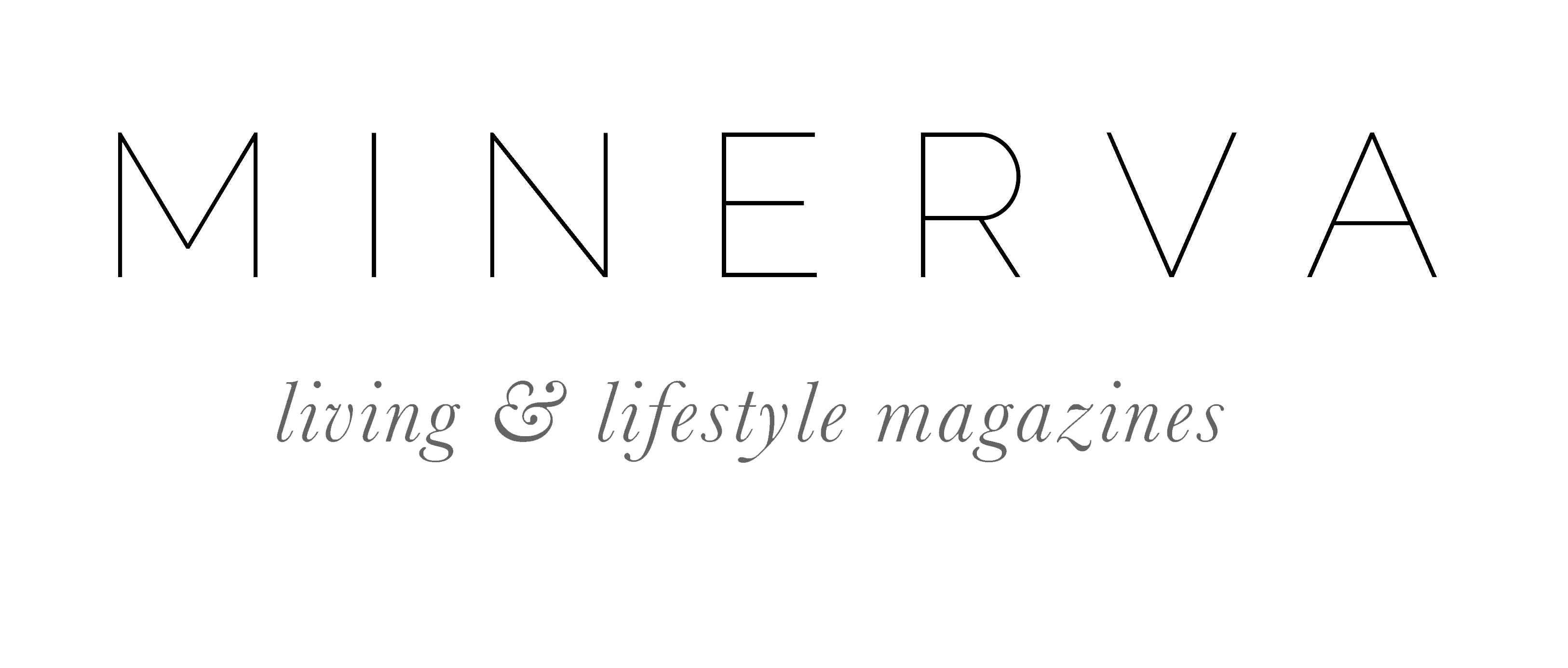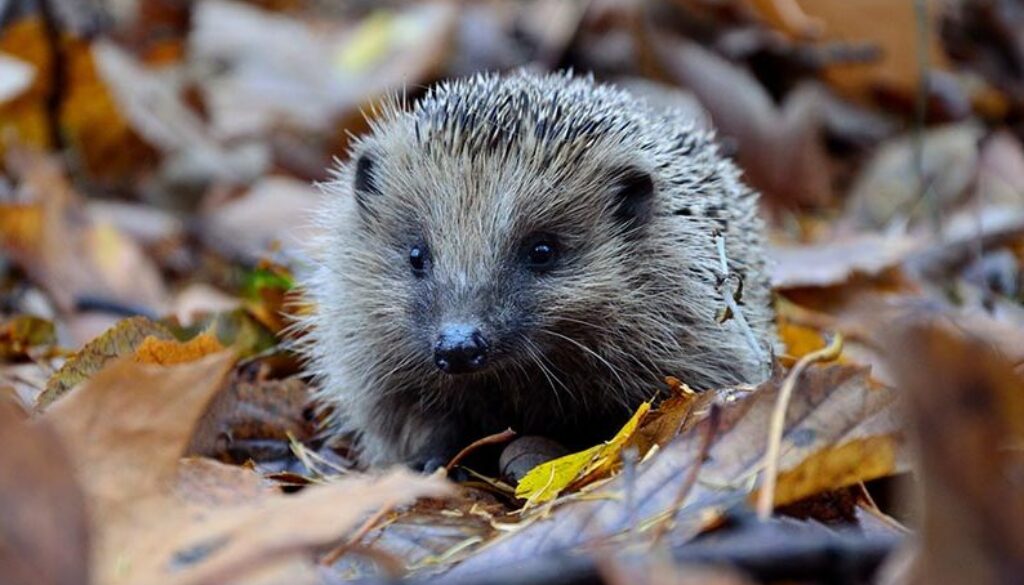HOME: Look After Wildlife this Winter
Gardeners are being urged to hang out fat balls and avoid turning their compost heaps in order to help wildlife this autumn and winter.
Gardening experts from GardeningExpress.co.uk have shared six tips to help look after autumn wildlife.
From the humble hedgehog to toads and frogs, wildlife found in gardens across the country are starting to adapt and prepare for the winter ahead.
Ensuring the animals have access to food, water and shelter will mean they have a much better chance of surviving the winter.
A spokesperson for GardeningExpress.co.uk said: “When it turns to autumn many of us start to change our house in order to make it cosy for winter.
“Our wildlife is just the same, but unfortunately for them winter can be some of the most dangerous months.
“By changing a few things in our gardens, we can help make life easier for the wildlife as well as giving them somewhere to feel safe.”
These are GardeningExpress.co.uk’s tips to look after autumn wildlife:
1. Food
Placing food out for animals to eat without needing to hunt or scavenge is a simple but effective way to look after local wildlife. Place fat balls or blocks out for birds along with grain and nuts to keep them going through the winter months.
2. Bonfires
Although big community bonfires won’t be happening this year, if you’re planning one at home it’s important to check for all animals and wildlife before setting it alight. These can include hedgehogs, toads and frogs. Prod underneath the bonfire with a stick to encourage the animals to move before you strike a match.
3. Compost Heap
Compost heaps are a great place for hibernating animals to live due to the warmth it can provide. Take caution when turning your heap, or if you’re able to try and avoid turning it at all, or as much as normal, during the cold winter months.
4. Ponds
If you have a pond and see it frozen over, try and melt a hole in the middle so that the animals can still find a source of water. Do this by using a saucepan full of hot water. Don’t hit or crack the ice as this can cause shockwaves causing potential damage to the animals in the pond. If you don’t have a pond, a little dish of water at ground level will be a great source of water.
5. Berries
If you have any berry or fruit trees in your garden, ensure you leave some fallen fruit and berries untouched. By doing so, birds such as thrushes and blackbirds can enjoy food before winter hits. Traditional hedgerow berries such as blackberries, sloes and rosehips will provide food for birds during the colder months.
6. Bug hotels
Building a bug hotel with pieces of wood and leftover bricks and other materials will provide a safe place for bugs to call home. It can be as small or as big as you like and can be as simple as a pile of logs.

